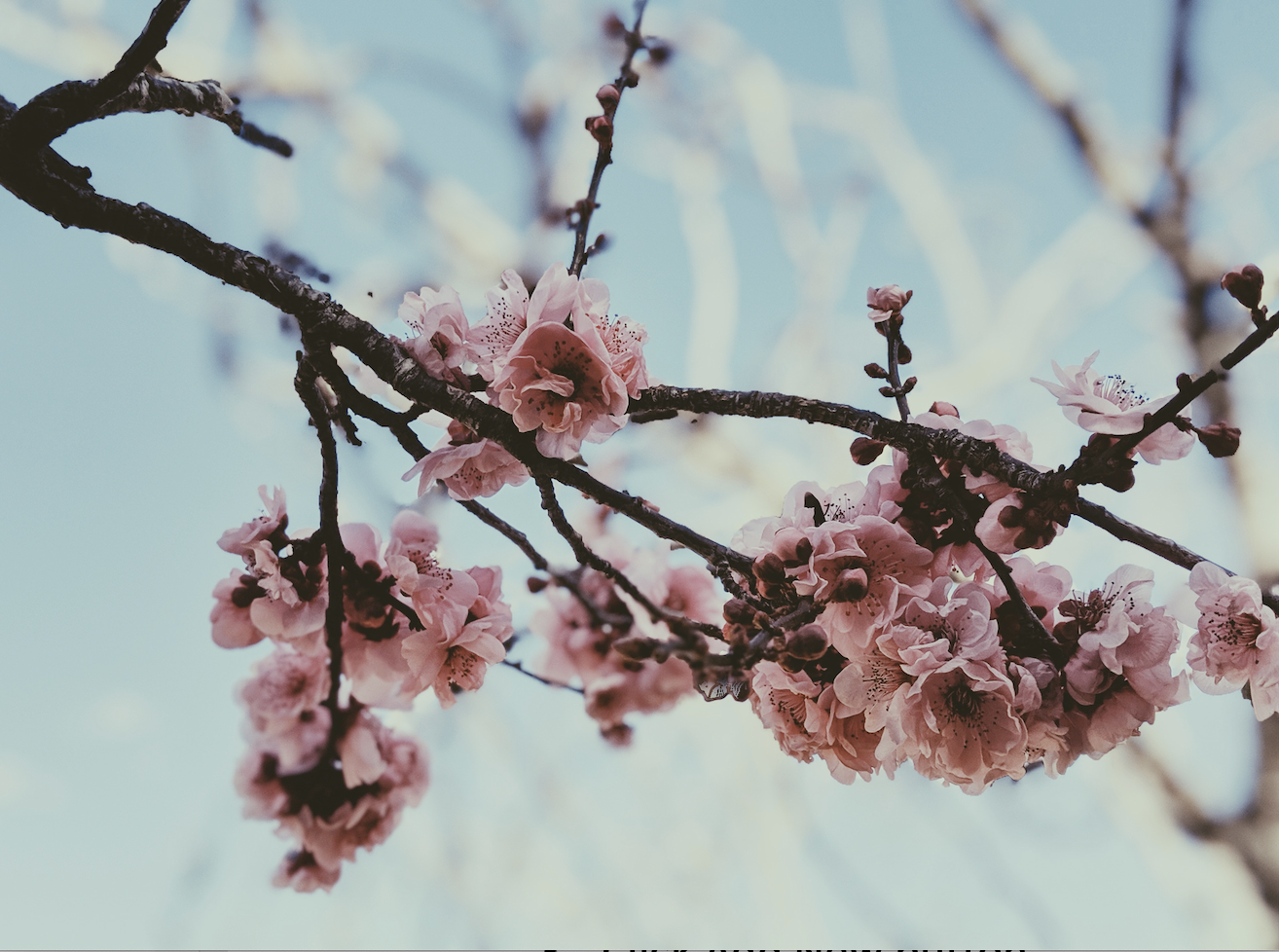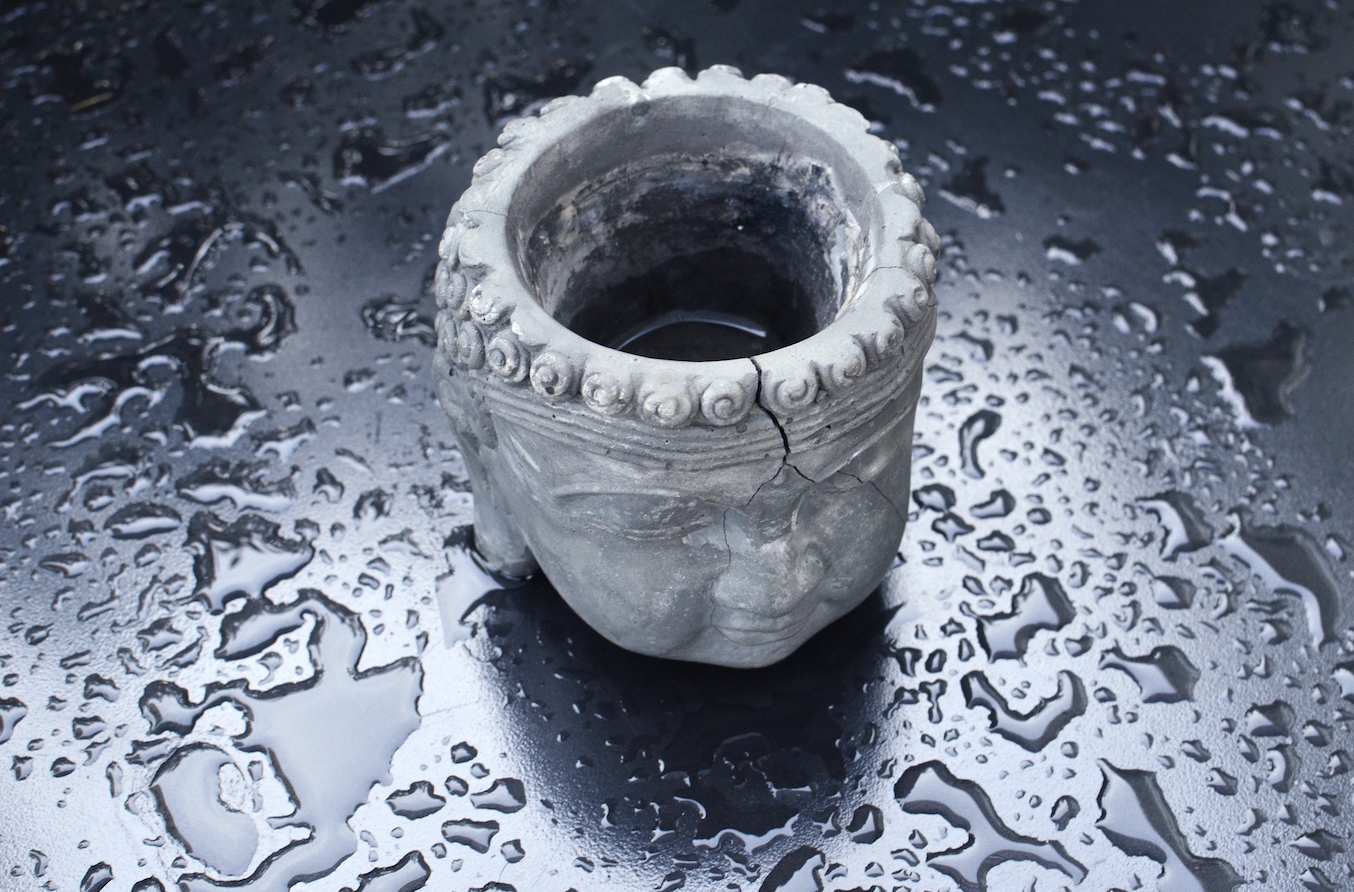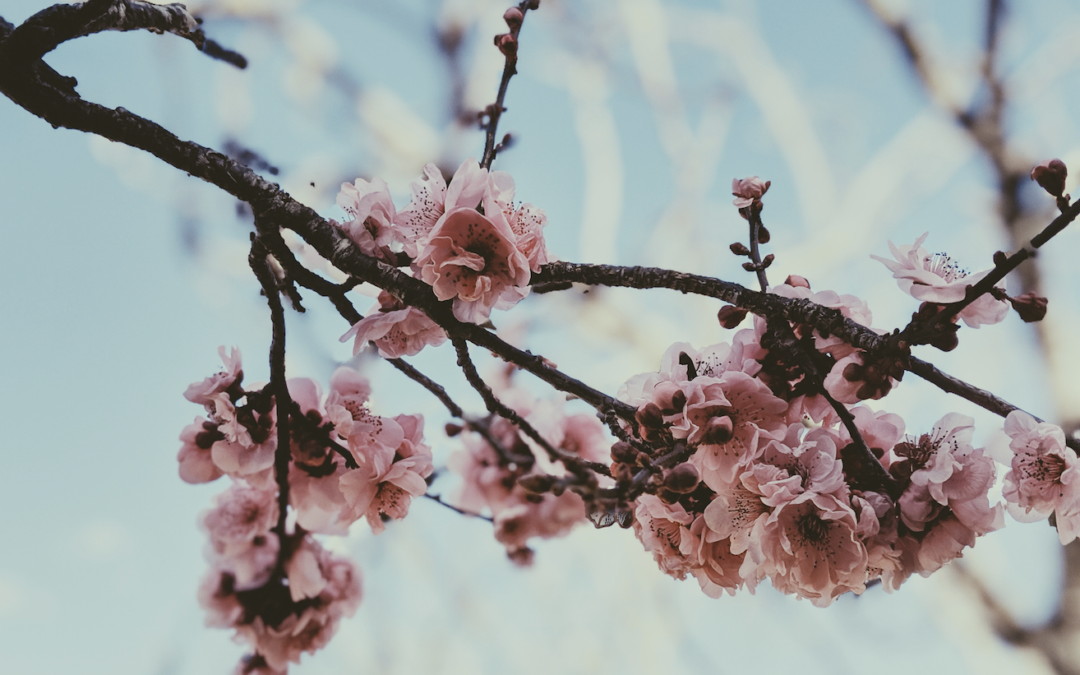
Japan is renowned for many things – rich culture, food heritage, and their beautiful sights and landmarks. Yet another reason people are drawn to Japan? The effective techniques and philosophies they have for living a balanced, productive, and mindful life.
You’ve probably heard one or two of these concepts mentioned in a company-sponsored workshop you’ve attended, however in passing. But what do they really mean, and how can you apply them in real life?
Here are 8 Japanese concepts to live by that can help all areas of life, whether professional or personal.

- Ikigai
A combination of the words “iki” (life) and “gai” (worth or value), ikigai means your purpose in life or your reason for being. It is why you get up in the morning. It provides you with your life’s fulfillment.
Each and every person has an Ikigai, and you can discover this by looking at an intersection of what you love, what you are good at, what the world needs, and what you can be paid for.
For instance, a writer might find their ikigai in covering human interest stories that give people hope, and also sustains their livelihood.
Similarly, a social entrepreneur might find fulfillment in running a business that not only makes money, but also provides livelihood to communities, as well as addresses larger social issues.
- Wabi Sabi
Wabi sabi is the Japanese belief or principle that there is beauty in imperfection. Isn’t this a life-changing notion? All our lives, we were taught that things have to be perfect.
Everything in life, including us, is in a state of flux. Change is the only constant thing, everything else is transient, and nothing is ever complete.
If you accept the statements below, wabi sabi says, then we can find beauty in the flawed and the incomplete. A crack on a teapot, the wood of an old door, green moss on a rock, a misty landscape, a distorted cup or the reflection of the moon on a pond.
This traditional Japanese aesthetic invites us to see the beauty even in old and rustic objects.

- Kaizen
These days we live in a hyperconnected world, where answers and services are within the reach of a few phone taps. Of course, we do appreciate the convenience of fast broadband and seamless food delivery services. However, we have grown impatient as people, as we crave instant gratification more and more.
We have the same attitude when it comes to our goals. We want answers, NOW, we want to be successful PRONTO. This leads to impatience, frustration, and ultimately feelings of failure.
Kaizen challenges this by teaching us to achieve our goals by taking small, incremental, daily actions. How small? Just 1% of focusing on getting better each day.
In trying to improve your diet, Kaizen teaches us to avoid drastic changes. Instead, try eliminating junk food for Day 1, add a fistful of veggies for Day 2, and so on.
You can become a healthy eater through small incremental diet changes that you gradually apply in your life.
It’s okay to take it slow. Improvement can happen one small step at a time.
4. Shoshin
Shoshin is a Zen Buddhist concept, which literally means “beginner’s mind.” Whether you are, in fact, a beginner, or not.
It’s being open, eager, and having no preconceptions about a subject, even if you are studying at an advanced level.
For example, at work, you approach things with a fresh perspective, as if you’re doing or discovering things for the first time. This allows you to open yourself up to creativity and innovation.

- The Pomodoro Technique
Pomodoro is a Japanese technique of time management that was developed in 1980.
It involves breaking work into 25-minute intervals, with short breaks in between. Pomodoro refers to the tomato-shaped timer.
Pomodoro became popular and trendy at the height of the COVID-19 in 2020, when people were having a hard time concentrating while studying or working from home.
- Hara Hachi Bu
Hara Hachi Bu literally translates to “eat until you’re 80% full.” This practice is common among the elders living in Okinawa, Japan, a place known for the longevity of its populace.
It’s a very effective tool in keeping hunger pangs at bay and managing overeating.
This can also be effective in weight loss, and overall health goals.

- Forest Bathing
The Japanese practice shinrin-yoku refers to forest bathing. It means bathing in the forest atmosphere, and taking in the forest through our senses.
This is not an exercise or a workout. It is simply immersing yourself in nature, staying in the moment, and opening your senses.
These days, forest bathing is touted as an effective self-care or stress management technique. Although, of course, this is subject to the availability of a forest or a patch of nature near where you live.
Perhaps, this can be taken not literally. You can forest-bathe in a quiet beautiful place where you can immerse your senses and contemplate life. Anywhere that is.
- Mottainai
Mottainai is Japan’s eco-friendly philosophy of respecting the resources and things we have, and being mindful of them.
It’s the sense of regret for being wasteful. Throwing away a cup of tea? Mottainai!
Throwing away an old but perfectly functioning pair of shoes? Mottainai!
It’s not being frugal, but being thankful for the material possessions we have, and finding a purpose for them. It is using, reusing and repurposing with gratitude in our hearts.
***
What do you think of the 8 Japanese concepts to live by included here? Is there any Japanese concept we should add to the list? Tell us in the comments.
Tags



0 Comments